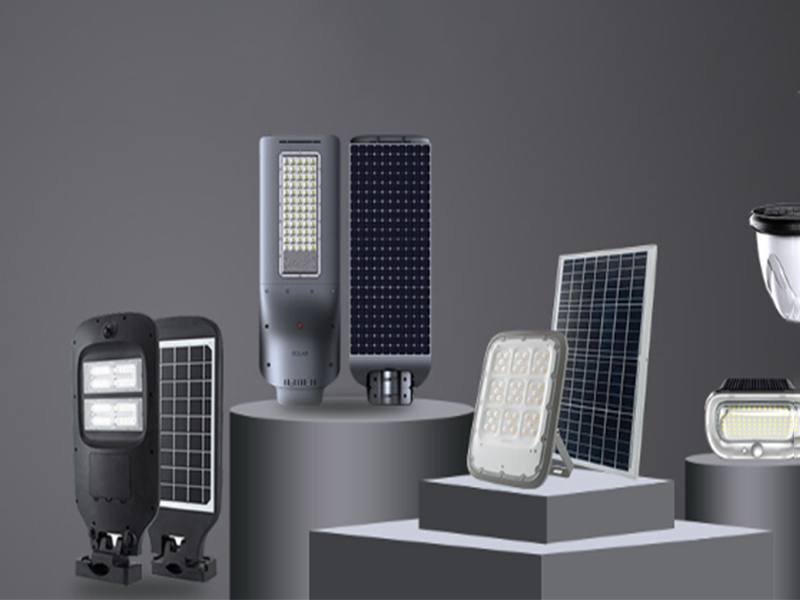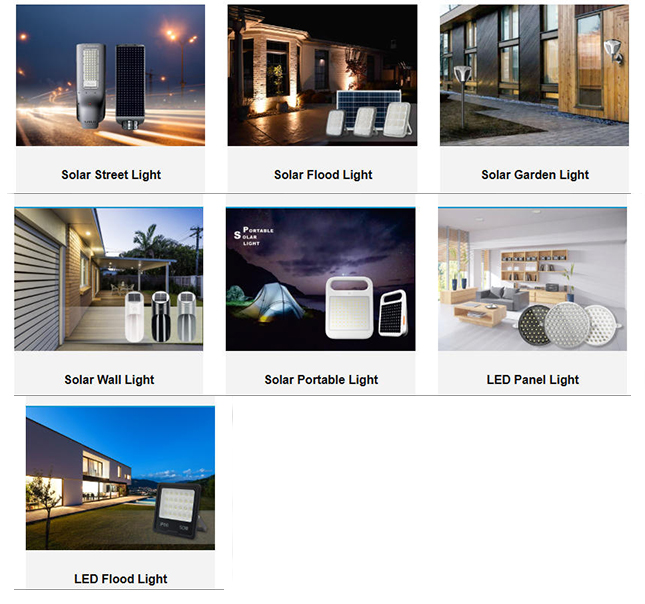
Solar lights have grown in popularity with environmentally conscious homeowners, providing energy efficient outdoor lighting without the hassle of wires or mounting high electric bills. No doubt, as winter approaches, you may have asked yourself: do solar lights work in winter? During winter you can expect shorter days, low temperatures, and frequently overcast weather, which may lead to concerns about performance. At YUEFENG, we believe that with the right knowledge and products, there is a way for solar lights to shine bright even in the harshest conditions of winter. This article will tell you how solar lights work in winter, the objections to performance you may face, and helpful tips for assuring proper performance from your solar lights.
Before we can talk about how solar lights work in the winter, we have to understand how solar lights work in general.
Solar lights utilize photovoltaic (PV) panels to capture sunlight, transform it into electricity, and then store that electricity in a rechargeable battery that is used during the night to power the LED light. The key elements are:
All of this stuff works pretty well in a decent set of conditions. However, the conditions in the winter can lead to variability such as lower sunlight exposure and temperatures that may lower system efficiency.
Why Winter Creates Challenges
Winter has a lot of different factors that can affect solar lights in multiple ways:
The short answer is yes, solar lights can work in winter, but their performance depends on several factors, including the quality of the light, local weather conditions, and maintenance practices. Let’s break it down.
The factors that affect the performance of solar lights in winter are sunlight availability, battery type and cold weather, snow and debris, and the the quality of the solar lights themselves.
Winter provides shorter days during which the days are often accompanied by cloudy and overcast weather, meaning less sunshine can be used to charge our solar lights. Today, we can use modern, advanced solar panels like YUEFENG’s highly efficient models, which will still be able to produce power on cloudy days. Although charging capacity will be diminished, good quality solar lights should charge enough to store sufficient energy for nighttime usage.
Cold temperatures will slow down the chemical reactions in batteries and will cause the batteries to be less able to hold a charge. The YUEFENG solar lights with give you a Li-ion or LiFePO4 lithium-based battery - which is more resistant to cold than older nickel-cadmium (NiCd) batteries. These batteries regulate their temperatures, and operate down to sub-zero. Superior products mean superior service.
Taking note of the possibility of snowpack or ice on your solar panels is important because it may block sunlight and prevent you from charging. Regular cleaning and placement will help you avoid this situation, which will be discussed later.
All solar lights are not created the same. Low quality solar lights that have ineffective solar panels or bad batteries will struggle during the winter months.The solar lights of Yuefeng have highly efficient, durable batteries, and extremely efficient monocrystalline panels meaning they can work well any time of year, winter included.
Here are some practical tips to make sure your solar lights will perform to full potential in winter:
Anchor your solar lights in the sunniest spot possible, with a goal to receive maximum sunlight in winter as well.
Snow, ice, or debris will restrict sunlight and lower charging efficiency.
Purchasing high-quality solar lights is fundamental to performance in winter. YUEFENG's solar lights come with:
Many YUEFENG solar lights have adjustable settings, for example, dimming modes or motion sensors. In winter, you might want to consider:
In the event that you will not use your solar lights for certain winter intervals, please store them away in a dry, temperature-controlled place to safeguard the battery and prolong the life span of the product.
YUEFENG places quality and innovation first to create solar lights that will continually work throughout the seasons. Here’s why YUEFENG solar lights are superior:
Our solar lights utilize innovative monocrystalline panels and high-capacity LiFePO4 batteries for cold temperatures and low light. This technology builds resilience when the harshest winter days arise.
YUEFENG solar lights are made for extreme weather applications, like snow, ice, and freezing temperatures with an IP65 (or better) waterproof rating and rigid materials made to withstand use in inclement weather.
YUEFENG lights are designed for the user. Our lights have adjustable solar panels and can be maintained very easily with a simple spray-off of snow or other debris to enable natural light absorption in winter.
When you purchase YUEFENG solar lights, you are purchasing sustainable, green lighting that reduces your carbon footprint, but also eliminates electricity usage costs in winter.

Cold temperatures may affect battery functionality, but reliable solar lights, like YUEFENG solar lights, will work in freezing temperatures.
Snow can reduce the efficiency of charging, but following proper steps for cleaning your solar lights and proper placement will allow effective operation and charging. YUEFENG's durable designs will assist in this.
Modern solar power panels, like those featured in YUEFENG products, can be charged under diffuse light conditions (cloudy days or indirect sunlight) and they will be charge more slowly.
Yes, solar lights can charge on cloudy days, but not as well, but the high-efficiency solar panels made by YUEFENG are built to capture the most energy possible in poor light conditions.
Make sure you remove snow from the panels regularly. Provide an angle or position the lights to keep accumulation from occurring. The adjustable designs offered by YUEFENG will help keep snow from piling up on the lights.
Yes. The YUEFENG solar lights use cold-resistant batteries, materials, and construction techniques that make them a good choice for weather that is cold.
Do solar lights work in winter? With the right product and proper care, we can confidently say "yes" YUEFENG solar lights are designed to provide reliable and efficient light even in the height of winter. Then, while keeping up your maintenance, selecting high quality lights, and being mindful of the positioning of the lights, you can have bright, energy-efficient light all year round. Check out YUEFENG's extensive range of solar lights and light up your winter ever nights.